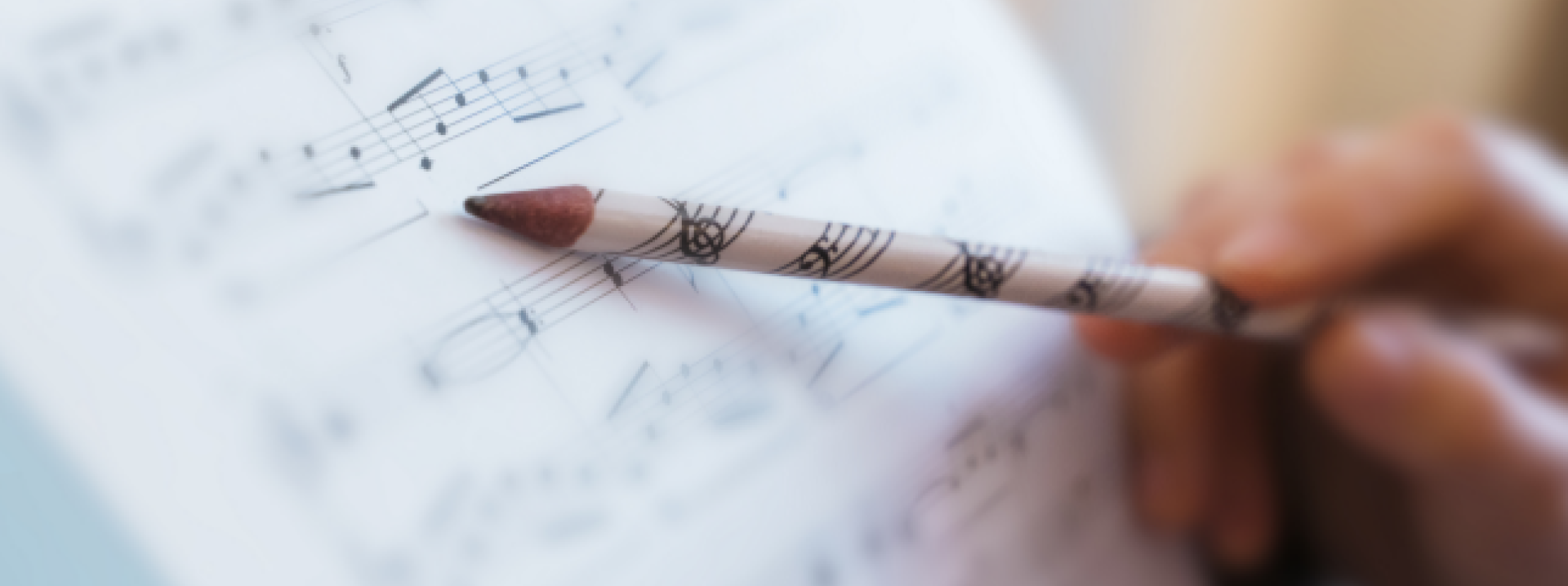Sheet music
Musical contribution - June 2013

Pastorale (Louis James Alfred Lefébure-Wély, 1817-1870) – This month I would like to provide you with a tranquil pastorale by a fascinating French composer/organist. Born in Paris, he played his first mass at the tender age of 8. He was given his first appointment when he was 13 and he had already been awarded with a variety of prizes by the time he was 20. Both for the organ as well as the piano. He studied so hard that he ended up with a brain disease, which meant he couldn’t study for 6 months.
He was appointed as organist at the St. Madeleine in 1847, where an organ had been installed a year earlier by Cavaillé-Coll. These two gentlemen developed a close friendship. Many tourists, organ lovers and other prominent people would travel to Paris to hear Lefébure-Wély play during the 11 years he was organist at the St. Madeleine. Not least because of his so-called “popular” programmes.
He left the St. Madeleine in 1857 in order to completely focus on composing. He did continue with the playing in of the new Cavaillé-Coll organs, who “adored” his way of playing and gratefully made use of the enormous popularity enjoyed by “his organist”.
He decided to take up the role of organist again in 1863. This time in St. Sulpice. He was given this appointment with the help of Cavaillé-Coll. The improvisations created on this organ were later published under the name “l’Organiste Moderne”. All were dedicated to St. Sulpice’s priest: Mr Abbé Hamon. A much loved priest who remained faithful to St. Sulpice his entire life.
The pastorale comes from the aforementioned publication. Lefébure-Wély recommended an Oboe on the Recit for the outer parts. This theme only lasts for 8 bars. We can hear a flute solo of the Grand Orgue from bar 13, accompanied by the Positif’s Flute 8’. Light-footed and flamboyant. We can hear the Principal 8’ in bar 29. Make sure you especially enjoy the chromatics in bars 33 to 36.
This piece is also perfectly suitable for a 2 manual organ. If we accompany the entire piece on the Great with a flute 8’, then we can play bars 13 to 28 on the Great with both hands. We would then need to change the Oboe for a Principal 8’ before bar 29 and return again in bar 36. The Pedal is only played with an 8’ as a result of the 2 voices.
Pastorales will usually put us in mind of a rural character. Dutch organist Jan Zwart once wrote the following as a result of a pastorale by Widor: “ ... a day out in the country”. You don’t need to go out for the day to experience a day in the country if your house is in Polsbroek (small village, my residence). And if you are in possession of a Johannus organ, then you won’t need to go to Paris to interpret a beautiful French pastorale.
With Kind Regards,
André van Vliet